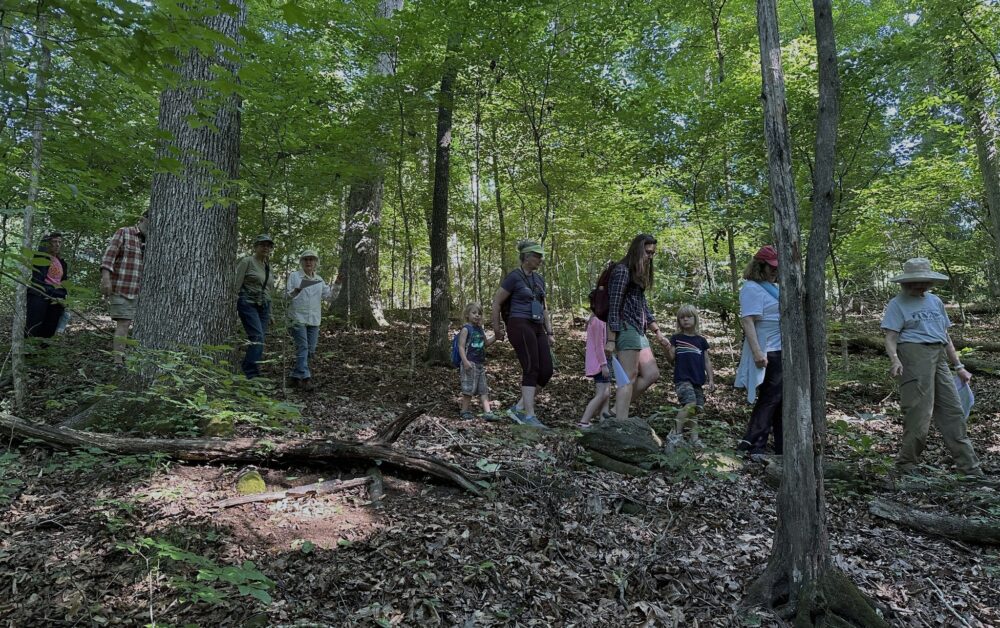Here are the links to articles and videos for this week’s FINE Things. Let me know which ones you enjoyed the most and I’ll try to find similar types next week.
 |
| Sea Otter preening Photo by “Mike” Michael L. Baird, CC BY 2.0 <https://creativecommons.org/licenses/by/2.0>, via Wikimedia Commons |
How Sea Otters keep warm in the frigid Pacific waters: [link]
From Science magazine: German forests have been devastated by drought and fires. What lessons can be learned from their experience? [link]
From The Scientist Daily: Ancient and modern human genomes reveal that a variant of the human growth hormone receptor likely helped our ancestors survive when food was scarce. [link]
From Knowable Magazine: Around the world, marine creatures from the smallest to the largest rise from the depths after dark to eat and reproduce. When the great vertical migration reverses before daybreak, the organisms bring carbon from the upper ocean into the deep sea, and scientists are working to disentangle what motivates these important movements. [link]
From the New Humanitarian: Bangladesh’s annual monsoon rainfalls submerge lowland areas for months on end. But in the rural southern district of Pirojpur the crops rise with the floodwaters. [link]
Your metabolism and what it means. [link]
Is ethanol production worth it? [link]
The genes vampires lost. [link]
Why the ocean needs salt. [link]
David Miller recommended a video on Plate Tectonics: [link]
From Quanta magazine: Wildfires can have mixed effects on ecosystems. [link]
From Knowable Magazine: Why there’s no such thing as pristine nature. [link]
Until next week,
Dale
